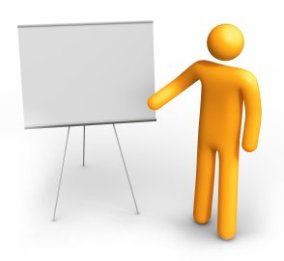Reflection is really a process that begins with looking back on a situation, pondering over it, learning from it and then using the new knowledge to help me in future similar situations. Reflection, which is learning through experience, is not a new concept. As humans, we naturally reflect on our surroundings and experiences. As a student I will be constantly introduced to different theoretical knowledge and new practise experiences. Reflection is one way of helping me to link the theory and practice experience and to integrate my learning.
Reflection as a learning tool
- Reflection is the process that we consciously undertake to gain further understanding and add meaning to our daily lives.
- Reflection is associated with learning that has occurred through experience and is an activity that helps me make sense of and learn from situations.
- Reflection therefore is a means of assisting me to think, to explore my thoughts and feelings and to work through an experience, in an attempt to gain new understandings, fresh insights and self-awareness.
- It is the active consideration of, and learning from my thoughts and actions, together with the further use of these thoughts and actions as a means of developing reflective thinking.
- The most important aspect of engaging in reflection for my on-going personal and professional learning is that I am able to demonstrate my progression towards achievement.






